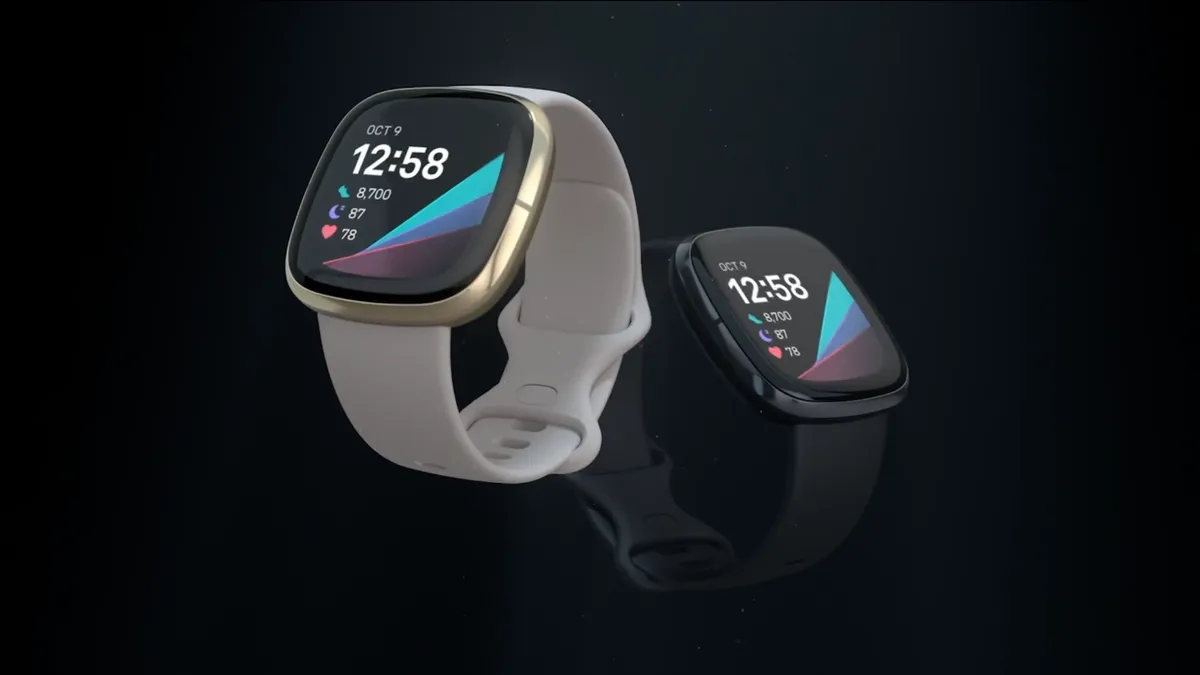Dive Brief:
- The proportion of primary care patients with cardiovascular diseases who discussed wearables with their physicians increased from 2005 to 2019, according to an analysis of provider notes.
- Writing in the journal Circulation: Cardiovascular Quality and Outcomes, researchers described an analysis of the provider notes for 520,000 longitudinal primary care patients. References to wearables increased from 0.0006% of patients in 2005 to 0.89% of patients in 2019.
- Fitbit was the most commonly referenced wearable brand, accounting for 74.1% of patients with devices. Yet, references to Fitbit fell from 2017 to 2019, with Apple Watch driving the growth seen over those years.
Dive Insight:
Researchers from Massachusetts General Hospital initiated the study to address a gap in knowledge of the use of wearables. While wearables can capture data relevant to cardiac health, such as heart rate and ECGs, there is a lack of information about how frequently physicians discuss the technology with their patients.
To fill that gap, the researchers reviewed outpatient provider notes for mentions of wearable technology. The search terms included brands such as AliveCor Kardia, Apple Watch, Fitbit and Garmin, as well as generic terms including smartwatch, fitness tracker and step tracker.
In the records from 2005, the researchers found one mention of a wearable-related search term in the notes of 143,789 patients. By 2019, the number of references to wearables had increased to 2,222 in the notes of 248,498 patients. Wearables were mentioned in multiple notes for single patients, meaning the total number of references in 2019 was 2,863 across the more than 2 million analyzed documents.
The study found references to wearables remained around the level seen in 2005 until 2012, when the researchers saw an increase in mentions of Fitbit. Although Fitbit introduced its first device in 2009, it took until 2012 for it to drive an increase in references to wearables. Fitbit drove growth in references to wearables from 2012 to 2016, before falling away over the final few years of the study.
By 2019, Fitbit was still the most commonly cited wearable brand but references to it were in decline. References to Apple Watch, which was released in 2015 and gained ECG capabilities late in 2018, grew over the years that mentions of Fitbit declined.
Since the study was completed, Apple Watch has eclipsed Fitbit in global sales, shipping 32.1 million devices in the first quarter of 2022, taking 30.5% of market share for the wearable devices (including earbuds), according to International Data Corporation.
Fitbit was acquired by Google parent Alphabet in early 2021. According to a report from Business of Apps, Fitbit sold 10.8 million units in 2020, the last year for which data is available, down from 21.4 million in 2015.
Industry analysts say health-conscious consumers are likely driving the sales of smartwatches and other wearable devices.
"Consumers are increasingly becoming aware of their health and with more pricing options, there seems to be a watch available for everyone," said Jitesh Ubrani, research manager for IDC Mobility and Consumer Device Trackers. "Competition is also on the rise as smaller brands ramp up their basic health and fitness tracking watches at the low end, and as Google along with Samsung and other Wear OS partners finally become more competitive with Apple at the high end of the spectrum."












